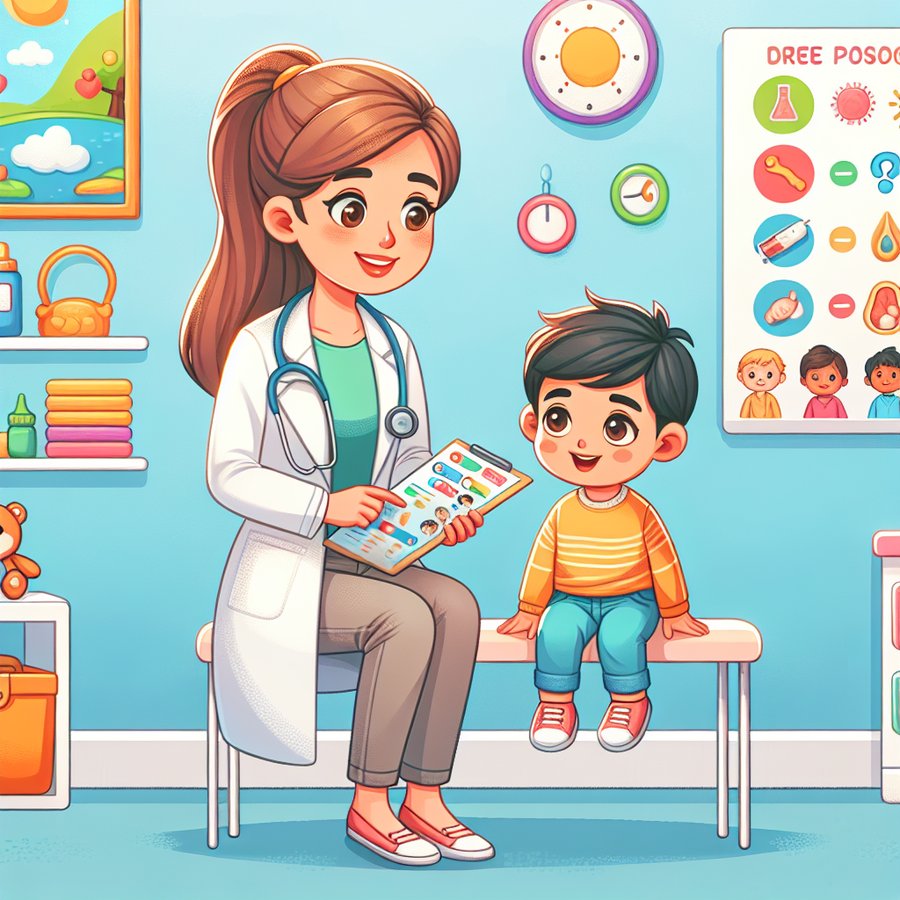Routine screening for developmental milestones during pediatric visits is a crucial aspect of child healthcare that ensures children are developing skills appropriate for their age. Pediatricians use these screenings to identify any potential developmental delays or concerns early on, providing a pathway for intervention and support when it’s most effective. With regular assessments, parents can be reassured of their child’s growth and developmental progress, making these screenings an invaluable tool in pediatric care.
The Role of Routine Screening in Early Identification
Routine screening for developmental milestones during pediatric visits serves as the first line of defense in recognizing developmental delays or abnormalities. By systematically evaluating a child’s progress in areas such as motor skills, speech, social interactions, and cognitive abilities, pediatricians can compare a child’s development against established norms. This proactive approach facilitates early identification of issues, which is paramount in delivering timely interventions that can significantly improve outcomes for the child.
Early identification through these screenings is supported by research indicating that early intervention programs can lead to improvements in development for children with delays. According to the Centers for Disease Control and Prevention, early intervention can enhance a child’s development, provide support to the family, and in many cases, reduce the need for specialized services when the child enters school.
Routine Screening for Developmental Milestones During Pediatric Visits
Routine screening for developmental milestones during pediatric visits is designed to be a comprehensive assessment, covering various aspects of a child’s development. It involves a combination of parental observations, pediatrician evaluations, and standardized developmental screening tools. This multifaceted approach ensures a thorough understanding of a child’s capabilities and challenges.
During these visits, pediatricians look for key milestones, such as the ability to grasp objects, babble, follow moving objects with the eyes, sit without support, and respond to their name. Missing any of these milestones could prompt further evaluation. For more detailed milestone checklists, parents can refer to resources like Milestone Checklists for the First 24 Months.
Integrating Screenings with Parental Observations
Parents play a crucial role in the routine screening process for developmental milestones during pediatric visits. Their day-to-day observations and insights provide valuable context and detail that can enhance the screening’s accuracy. Pediatricians often rely on parental feedback to better understand a child’s behavior and skills in different settings.
For example, parents might notice if their child is using gestures to communicate, an early sign of developing communication skills. Similarly, they can share observations about their child’s reactions to social situations, which is critical for assessing social and emotional development. Resources like Encouraging Self-Feeding Skills in Infants can help parents understand what milestones to look for and how to support their child’s development at home.
Conclusion
Routine screening for developmental milestones during pediatric visits is a key component of preventive healthcare for children. These screenings, complemented by parental observations and insights, form a comprehensive approach to monitoring a child’s development. Early identification of potential delays enables the provision of early intervention services, which are critical for supporting the child’s development. With resources like Early Detection of Developmental Delays and Action Steps, parents and caregivers can become informed partners in this important process, ensuring that every child has the support they need to reach their full potential.













